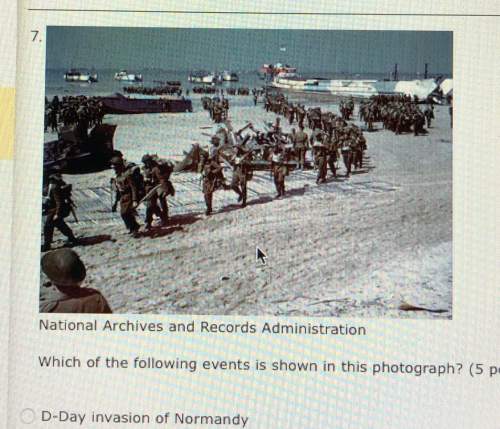Refer to the two passages.
Source 1
"As the Secretary-General and others have argued, i...

Refer to the two passages.
Source 1
"As the Secretary-General and others have argued, if U. N. peacekeeping is to be a sound security investment for our nation and for other U. N. members, it must adapt to new times. Together we must prepare U. N. peacekeeping for the 21st century. We need to begin by bringing the rigors of military and political analysis to every U. N. peace mission.
In recent weeks in the Security Council, our Nation has begun asking harder questions about proposals for new peacekeeping missions: Is there a real threat to international peace? Does the proposed mission have clear objectives? Can an end point be identified for those who will be asked to participate? How much will the mission cost? From now on, the United Nations should address these and other hard questions for every proposed mission before we vote and before the mission begins.”
President Bill Clinton, addressing the United Nations about peacekeeping missions, 1993
Source 2
"It is 15 years since the genocide of over a million Rwandan Tutsis and moderate Hutus. The ramifications of this tragedy are felt by genocide survivors, their children and Rwandans everywhere. We gather here today to honour the memory of the victims and reflect upon the challenges faced by survivors. The 15th Commemoration of the Genocide in Rwanda was marked earlier today at Nyanza, Kicukiro. In April 1994 about five thousand men, women and children had sought refuge with the Belgian contingent of the United Nations peacekeeping force, based at the E. T.O (a technical school), near Nyanza-Kicukiro. Even though they were surrounded by their killers, the UN force withdrew, leaving them to be slaughtered by Interahamwe militias and the then Rwandan Armed Forces. This site symbolises the international community’s failure in Rwanda and serves as a warning to world leaders of the consequences of ignoring the propagation of ethnic or religious hatred and of failing and abdicating their responsibility to protect people from genocide, war crimes, ethnic cleansing and crimes against humanity.”
Rwandan professor Joseph Nsengimana, speaking to the United Nations on the anniversary of the Rwandan genocide, 2009
Which of the following best reflects the international conditions that motivated President Bill Clinton’s proposals in Source 1?
- The United Nations wanted to reinterpret its mission.
- Peacekeepers had failed in most of their previous deployments.
- The United States could no longer afford to intervene in conflicts.
- International economic priorities had shifted away from military spending.

Answers: 2


Another question on History

History, 21.06.2019 19:10
This researchers data could him determine which of the following types of information about great britain during the industrial revolution
Answers: 2

History, 21.06.2019 21:20
How did the completion of the transcontinental railroad change the lives of american citizens? a-it increased the wealth of all americans and enabled them to travel more.b-it made cross-country travel too expensive for ordinary americans.c-it decreased the safety of americans who moved to settle the plains.d-it shortened travel time between the east and west for all americans.
Answers: 2

History, 21.06.2019 21:30
Write the title date and stated purpose of the map you have chosen to describe what you learn from your careful review of the maps information
Answers: 1

History, 22.06.2019 00:50
Which of the following statements is true about water access in the middle east? a. access to coastal waters is not important to people.b. most countries depend on outside resources for water.c. water is available in large supplies in all countries.d. all countries have sources of renewable freshwater.
Answers: 3
You know the right answer?
Questions






Social Studies, 10.11.2020 16:40

















